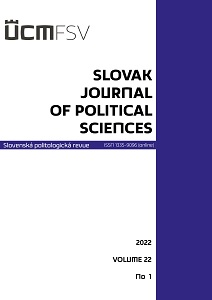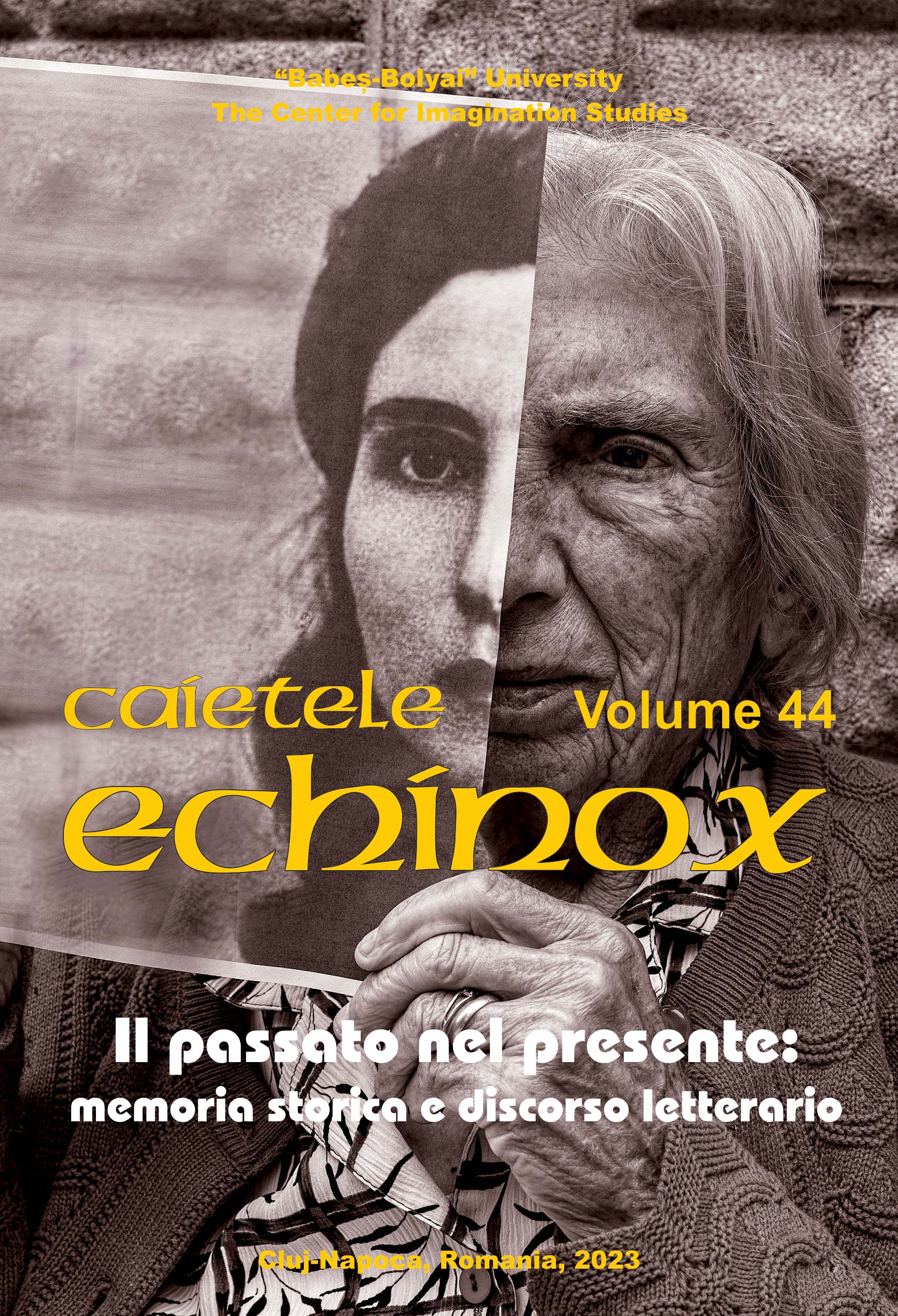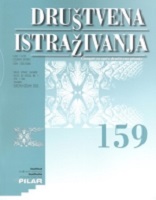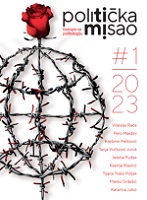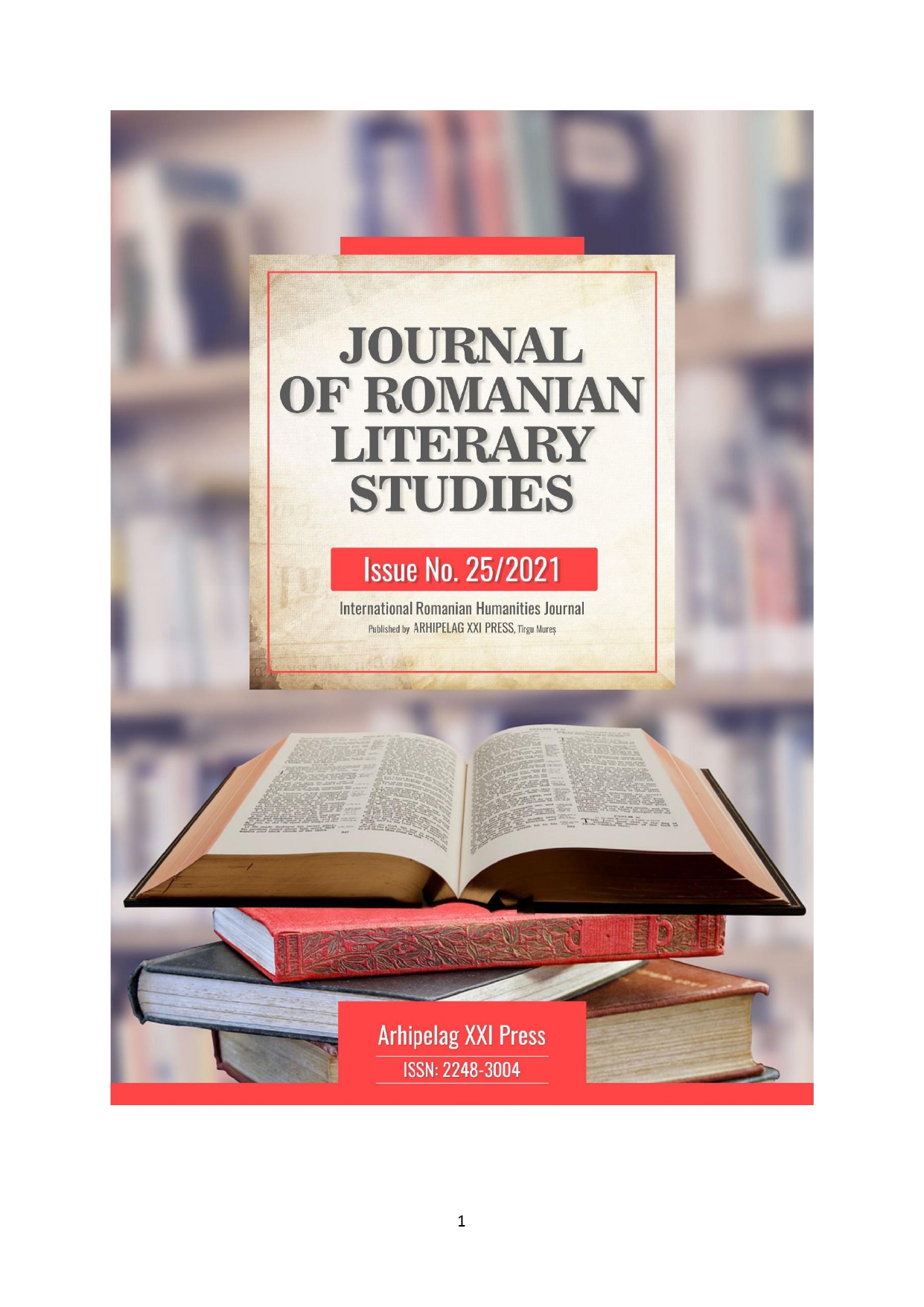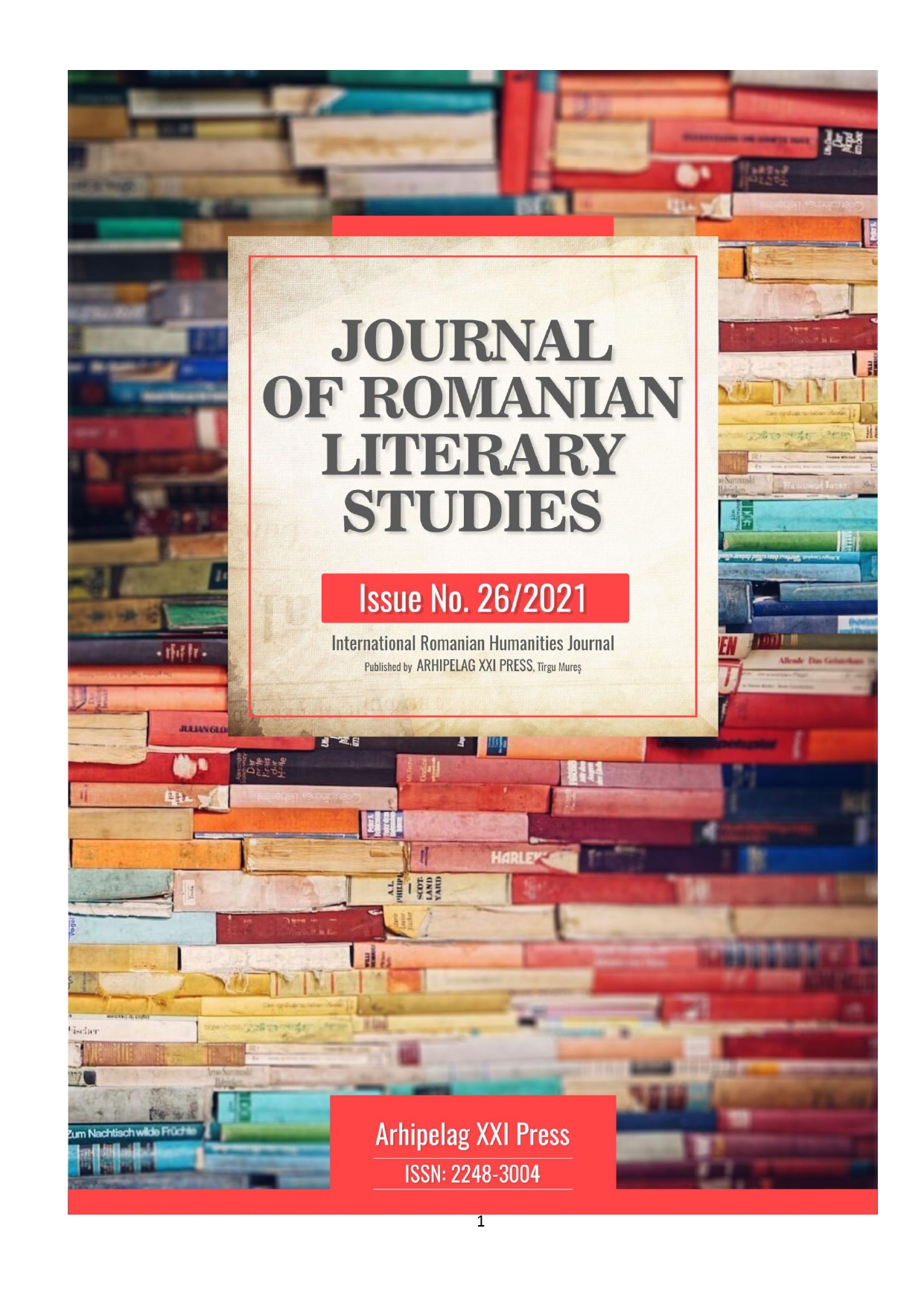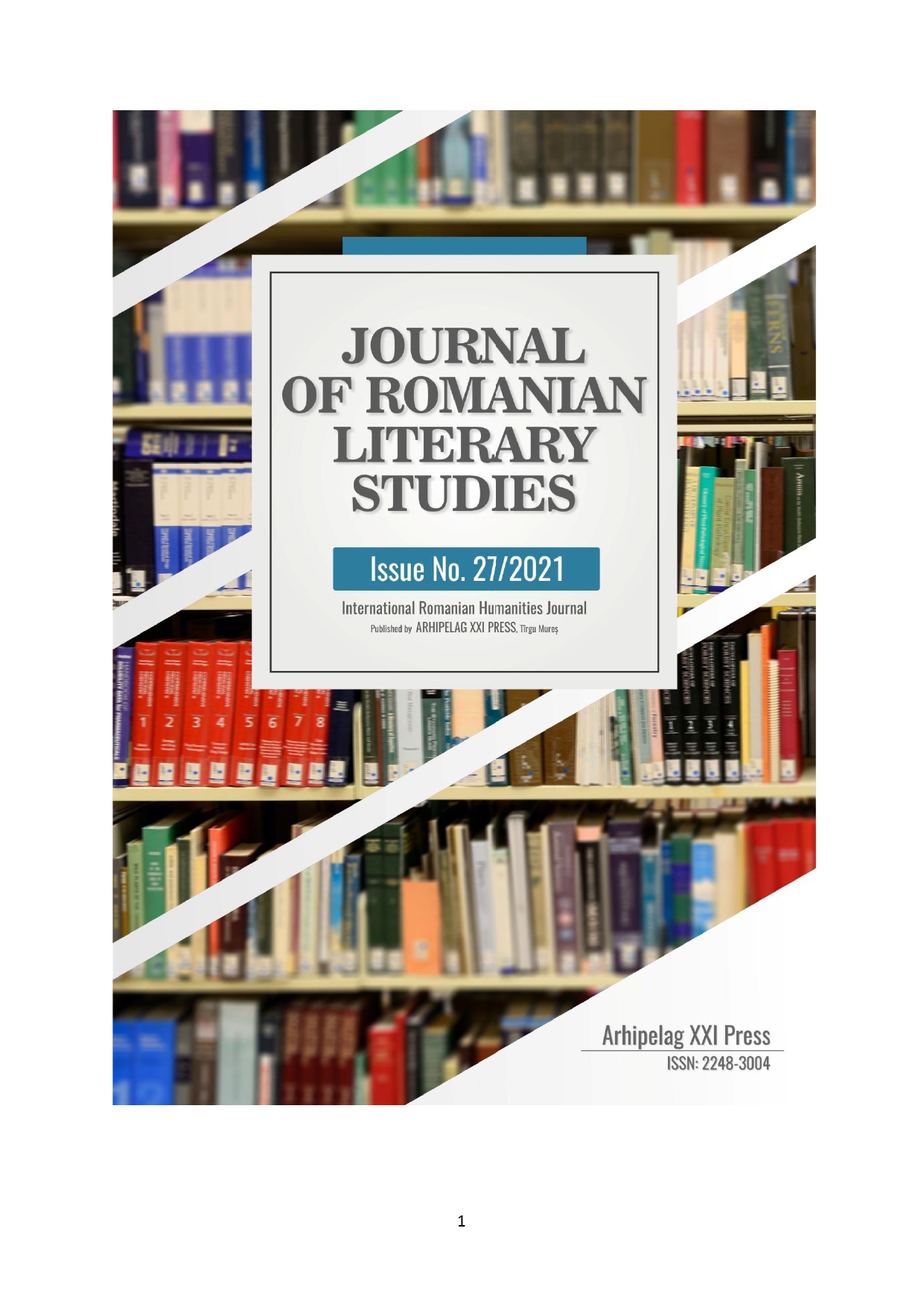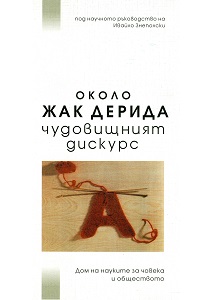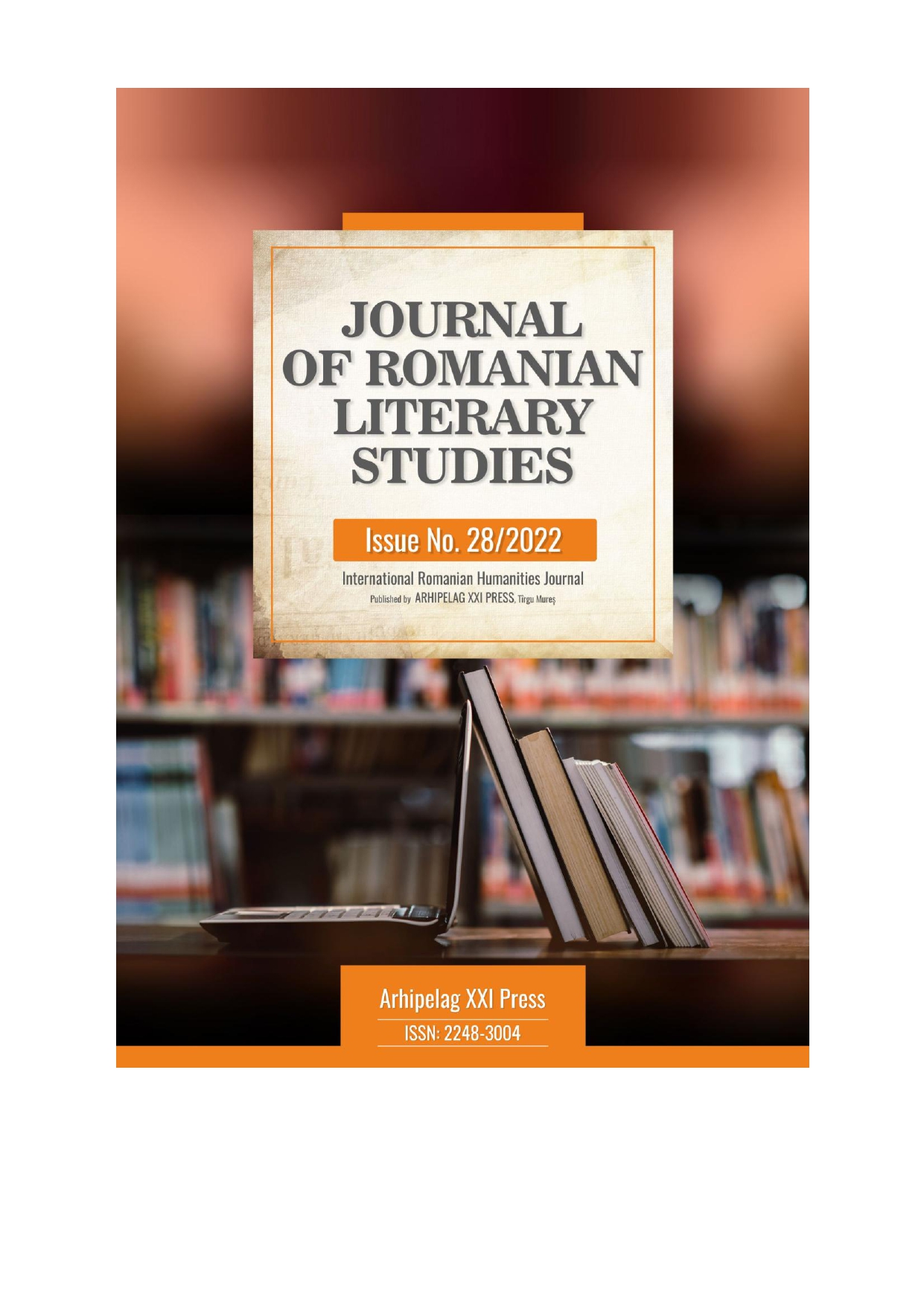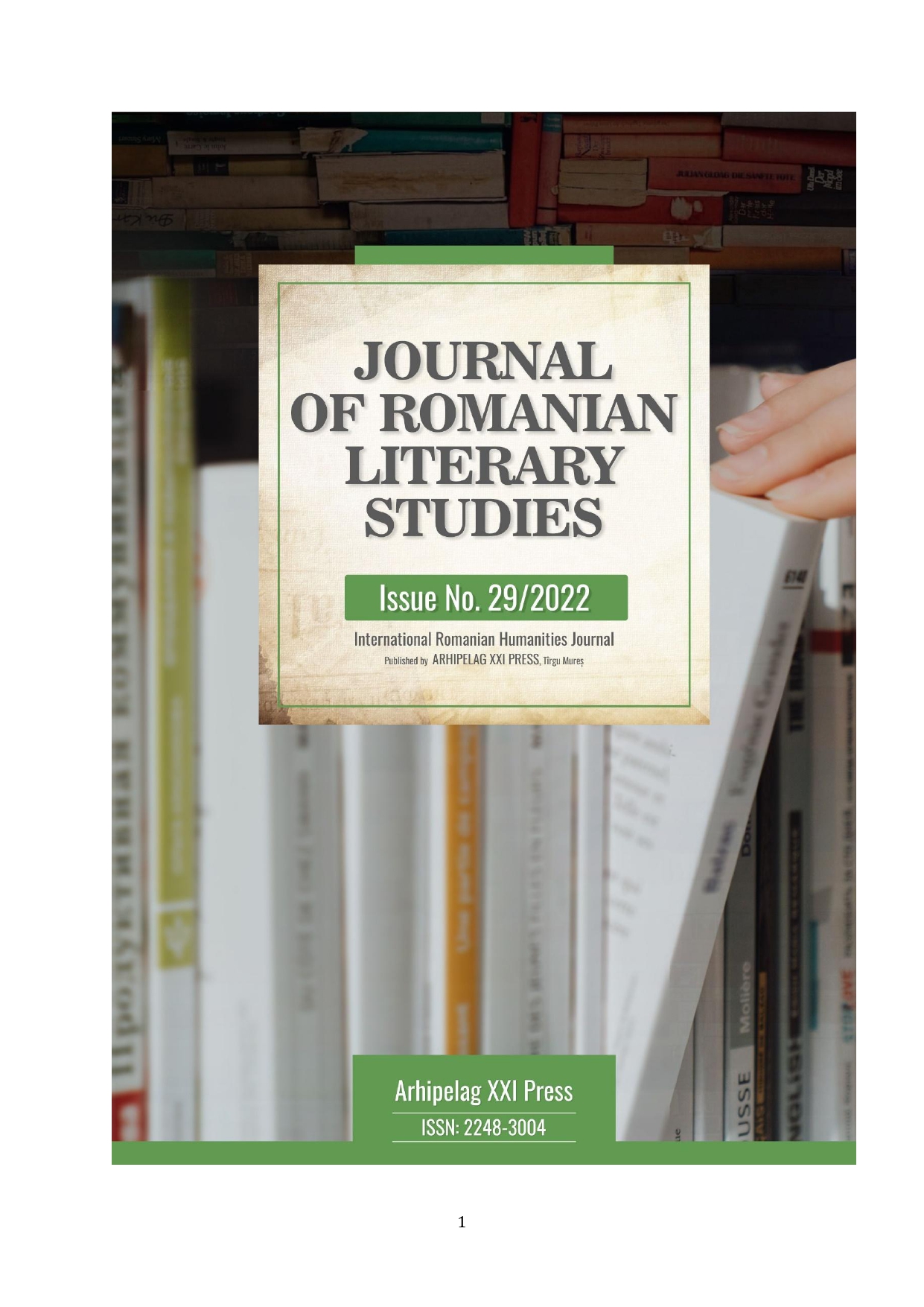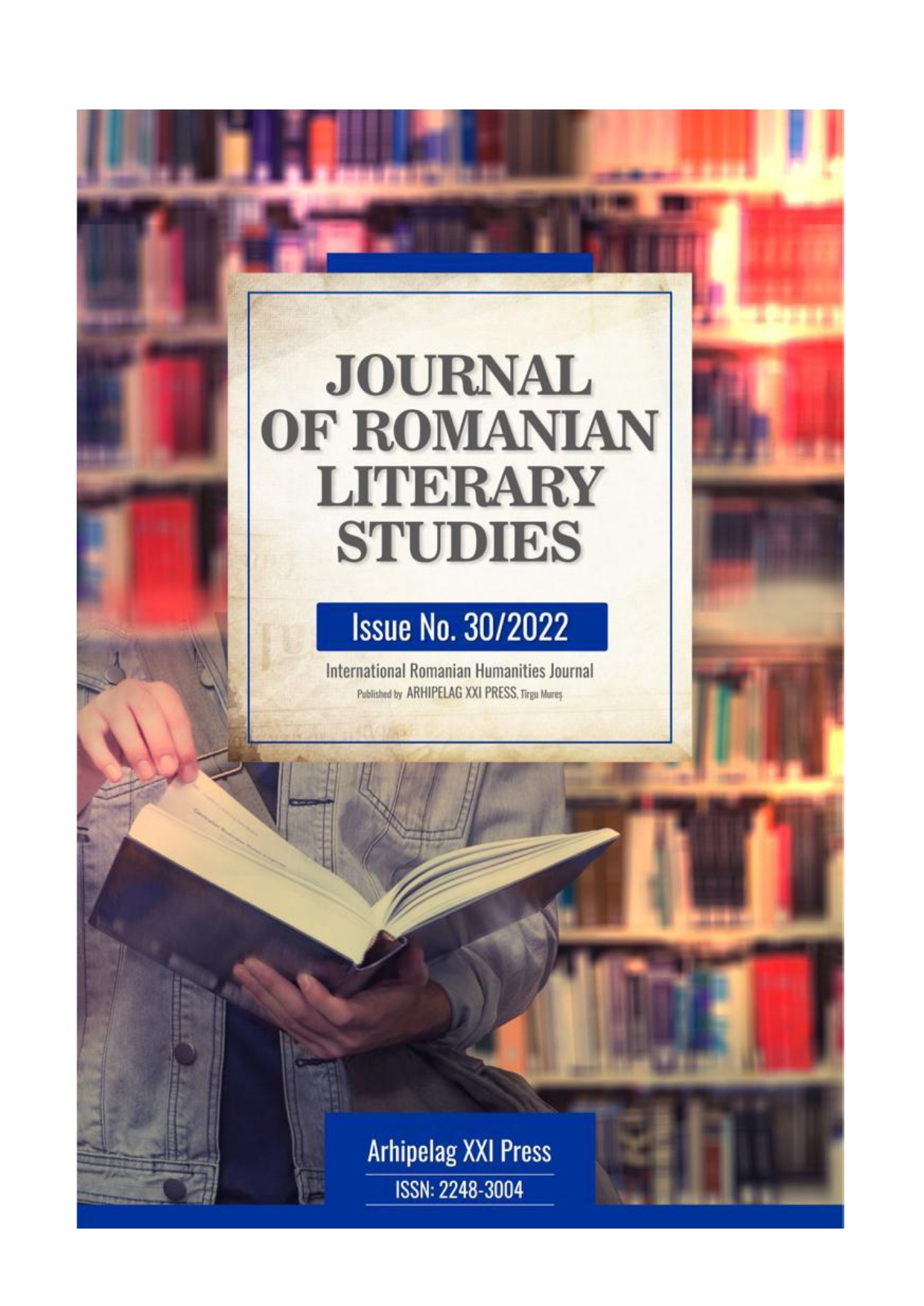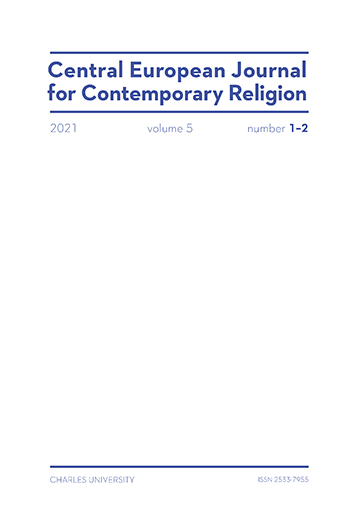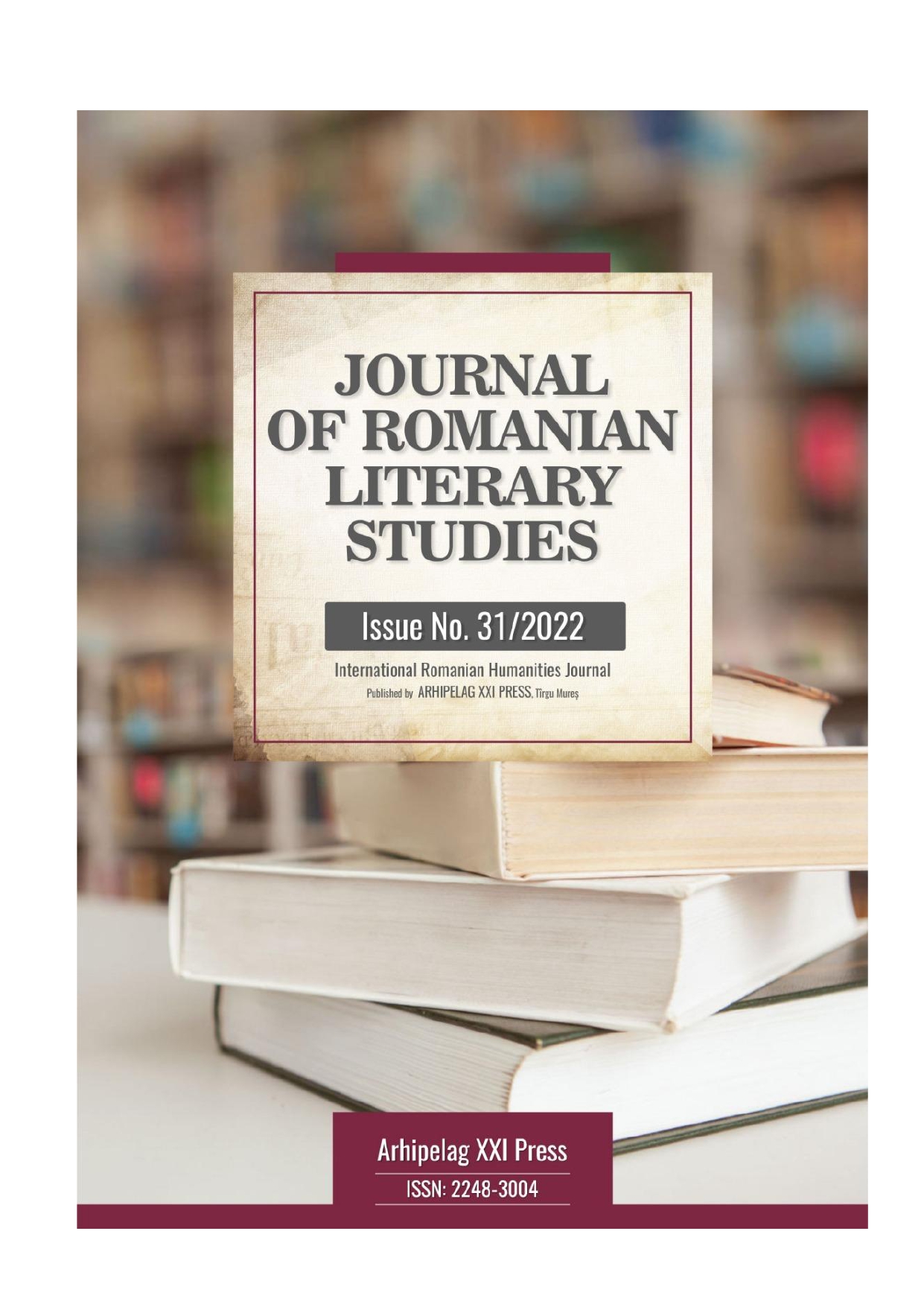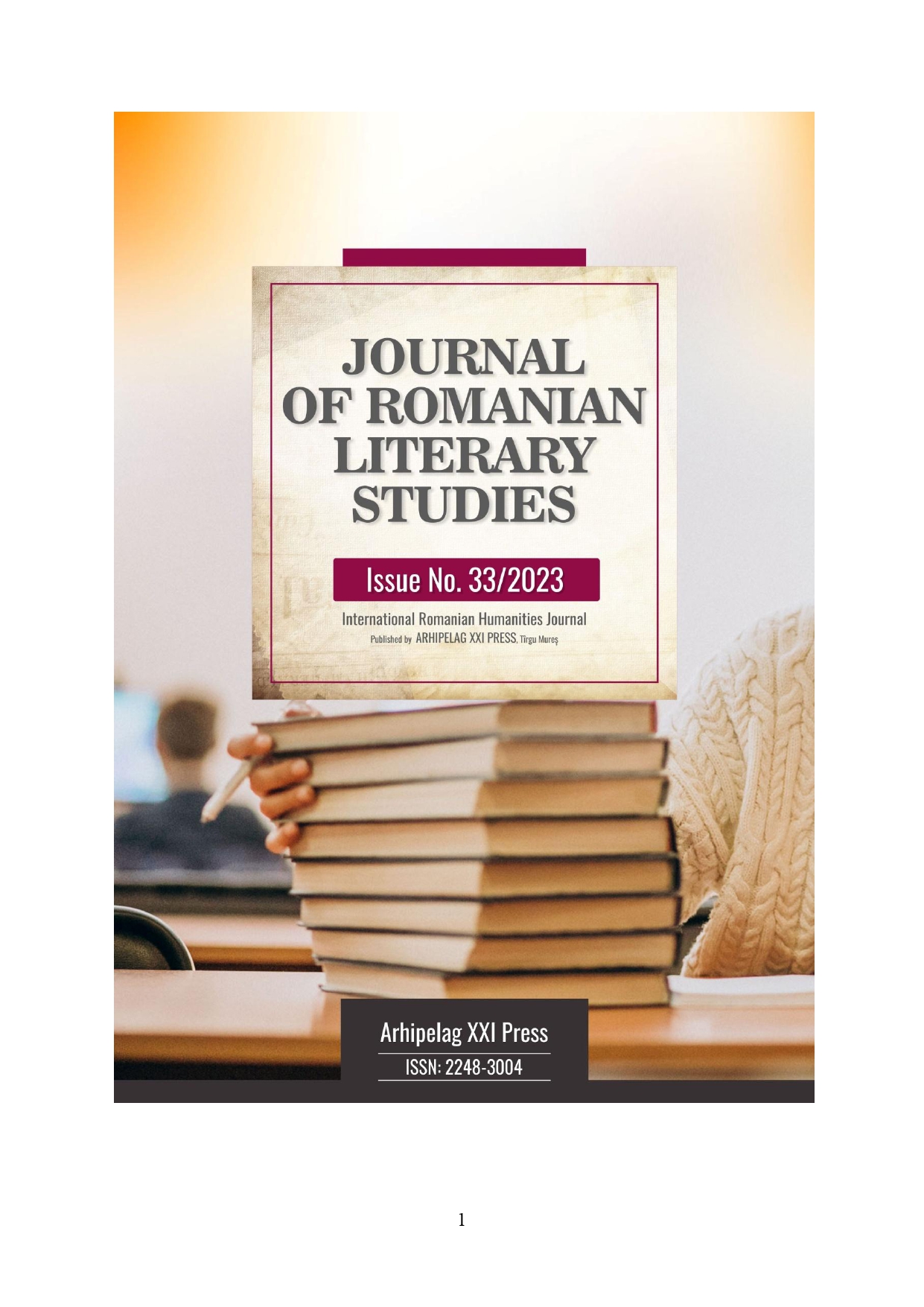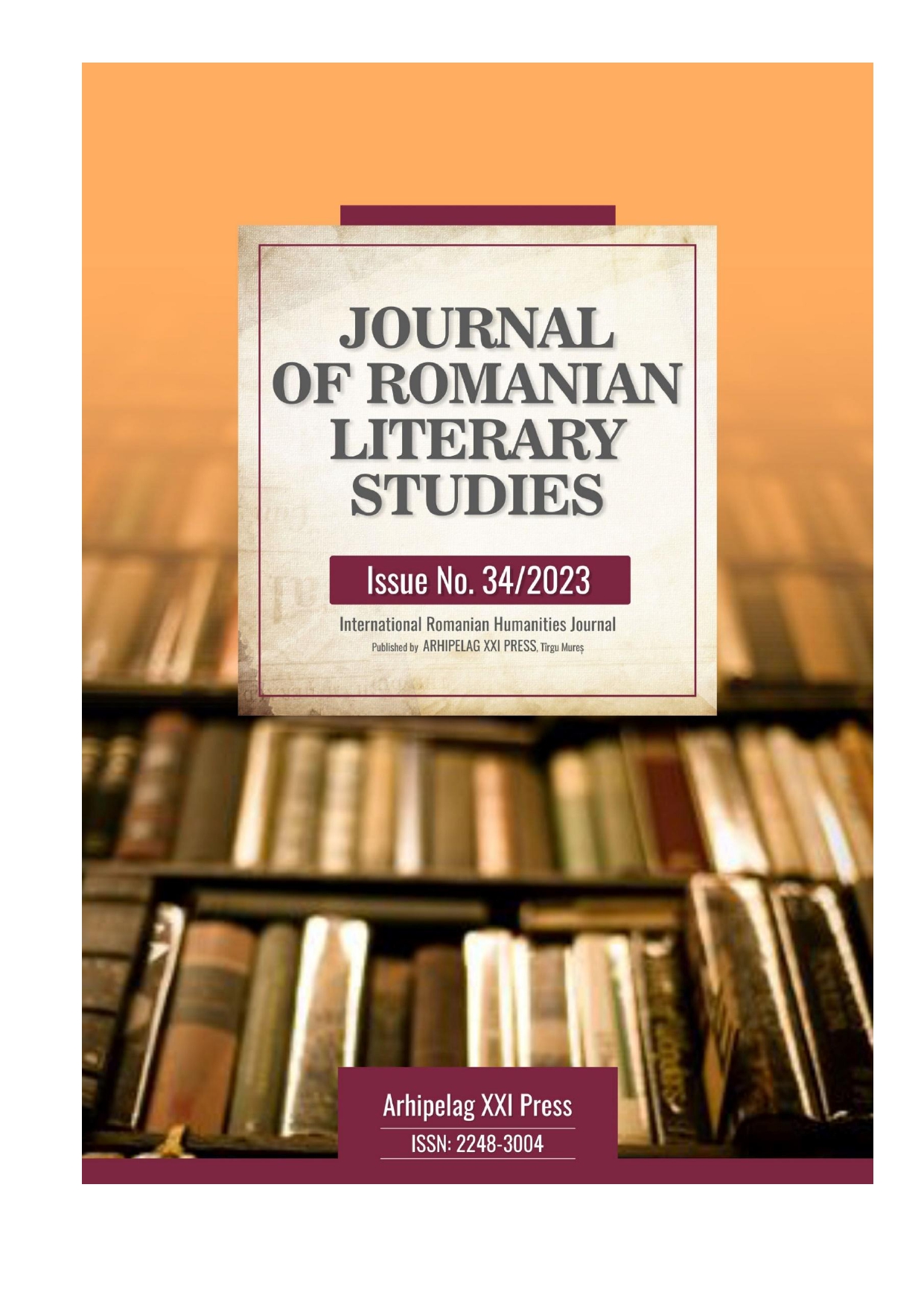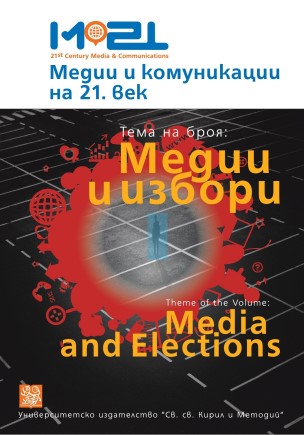
Изграждане на политически имидж чрез предизборни новини и послания (Президентските избори 2016 г.)
The political campaign for the presidential and vice presidential election in the Republic of Bulgaria in October – November 2016 gives rise to research interest and is topical. The campaign discusses the messages of the candidates during their coverage in online media and social networks. Focus is placed on their disclosures in the media, as well as the specific political rhetoric on the part of the candidates regarding their opponents in the campaign. Based on a content analysis and using the descriptive approach, articles in the media and social networking publications are analyzed for the purpose of the specific study. The analysis aims to trace whether the specific disclosures for candidates remain as separate publications in a media or turn into political scandals that are effective enough to discredit a presidential and vice presidential candidate. It also aims to address the question of how much media attention is given to individual politicians, their characteristics and qualities, extracts from their biographies, or it focuses public attention on their political and management achievements. Do individual politicians have a key role and do they shun the parties, institutions and organizations from the focus of the media?The paper examines media messages before the Presidential election in our country in 2016, with a focus on the journalistic style in the news and the role of media in building a political image. The subject of the study is the media messages and posts in Bulgaria before and during the election campaign of the presidential election in 2016. The subject of this paper is the process of building an image of political figures through media messages during the survey ed period. The following methods will be used: empirical observation and theoretical analysis.
More...
